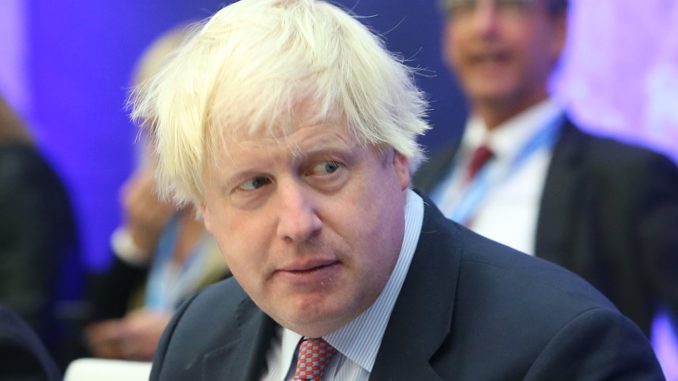
The long-delayed, long-argued Brexit ends with the close of this week. Hours ago, at a meeting of EU ambassadors in Brussels, the breakthrough deal which was announced on Christmas Eve was agreed upon and the last hurdles, the official ratifications, appear to be faits accomplis.
The results generally can be broken down into two categories: authority and trade. On authority, the UK can easily claim success; it received exactly what it wanted, which was autonomy from the EU system. They are no longer going to be subjected to the legal decisions handed down through Brussels. Granted, that’s not much of a “win”, as they were going to have that happen in any eventuality, but it’s now going to occur with a minimum of internal pain.
On trade, the EU can easily claim success. Among the most contentious issues was the reduction in fishing authority in UK waters; as a result of the Brexit deal, the EU will be able to maintain the majority of its current fishing yield. The Irish border issue, a particular flashpoint, has been addressed by a fairly simple mechanism: checkpoints for specific goods.
The Irish border agreement underscores the nature of the talks; there are at least three levels of scrutiny at play. At its most basic, the question was whether there should be a hard border between Northern Ireland (UK) and Ireland. At its most bureaucratic, the question was how the many different types of trade and potential tax and safety violations could be addressed. Somewhere in the middle, they found the answer: the key issue was supposedly product safety (although taxes are always of central importance to government) so the agricultural products which may be held to different quality standards under UK rules will need to pass checks before being sold in Ireland. This is to be addressed simply by requiring UK goods to be inspected before being purchased at Irish stores. No car stops, no personal frisks… just spot checks from Irish inspectors, the same ones they were already performing, but now additionally seeking the proper stamps and seals from UK products.
At the heart of the deal is the belief in good faith operations from the other group. If the UK or the EU works to undermine the basic operations between their differing structures, tariffs and other penalties will result… which puts the relationship on the same basic level as that of any other group of nations.
The deal provides a basic structure. The UK will lose its authority throughout the EU nations… UK licenses for medicine, teaching, and just about everything else will no longer carry any official weight in the EU. The EU government will lose its authority over UK day-to-day policy. The specifics and details will continue to be hashed out over the next few years. If both sides act as good neighbors and former partners should be expected to behave… a likelihood, considering the pressures being exerted by Putin and the desire from many other nations (including, one expects, a post-Trump United States) to have good relations with both groups… the disaster of a no-deal Brexit should be averted with the UK claiming success and the EU actually having it.
